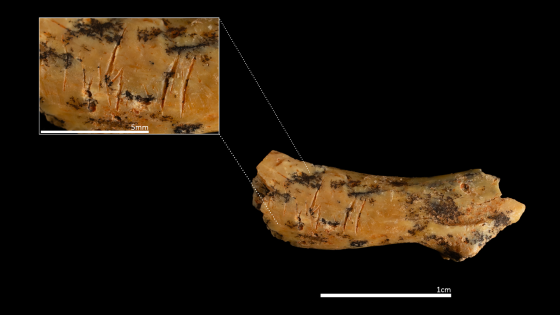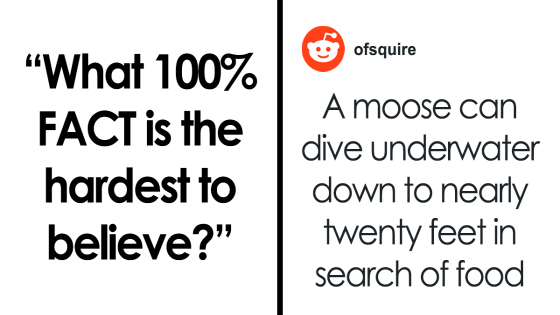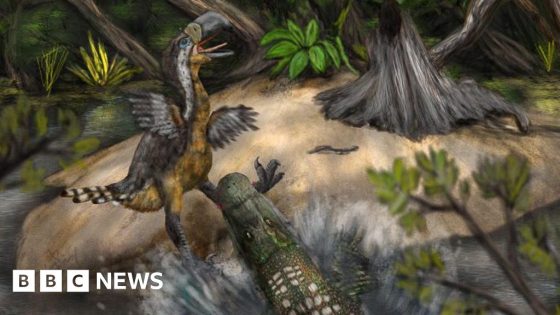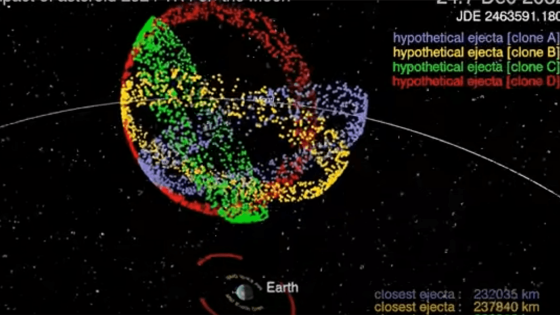A recent discovery at the Gran Dolina cave in northern Spain has unveiled shocking evidence of human cannibalism dating back around 850,000 years. Researchers found the remains of a toddler, suggesting that early humans may have processed their own kind as prey. This finding, reported on 2025-07-24 22:30:00, raises profound questions about the social behaviors and survival strategies of our ancient relatives.
- Toddler decapitated and cannibalized 850,000 years ago
- Bone analysis indicates child's age 2-5
- Gran Dolina site reveals human cannibalism
- Homo antecessor remains found at Atapuerca
- Cannibalism behavior documented over three decades
- New skeletons provide insights into early humans
The bone analysis indicates the child, aged between 2 and 5, was decapitated and cannibalized, showcasing precise cut marks akin to those found on animal bones. Palmira Saladié, co-director of the excavation, emphasized the significance of this evidence, stating it illustrates a chilling continuity in cannibalistic practices among early humans.
This discovery prompts critical reflections on the survival tactics of archaic humans. Why did they resort to cannibalism? What does this say about their social structures? Key points include:
- The child was treated like any other prey, highlighting survival challenges.
- Gran Dolina has yielded over two dozen cannibalism cases, suggesting a broader cultural practice.
- Human bite marks on bones provide reliable evidence of consumption.
As excavations continue at Gran Dolina, we can expect more revelations about the lives and deaths of our ancient ancestors, challenging our perceptions of human history.

































